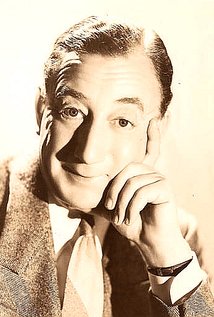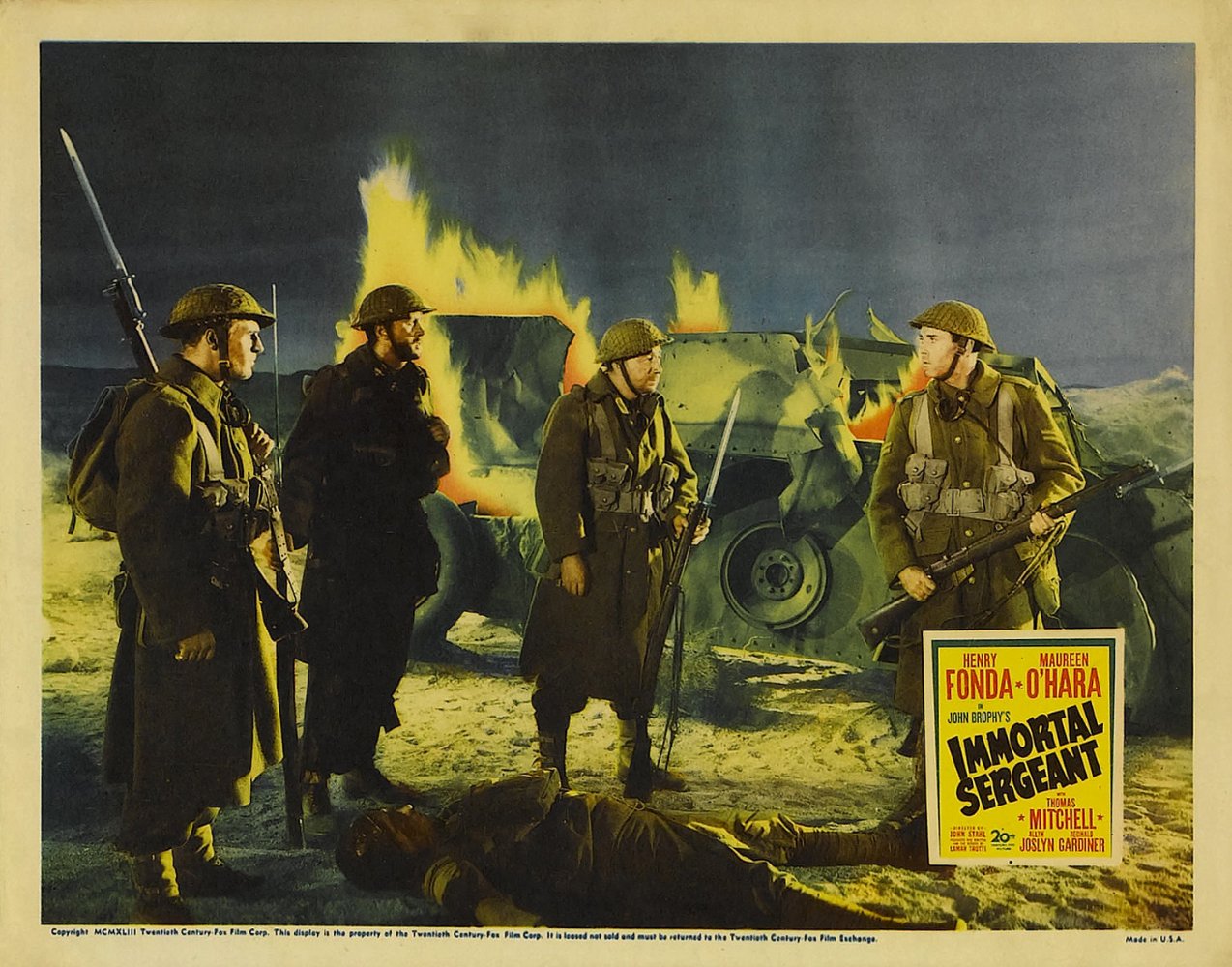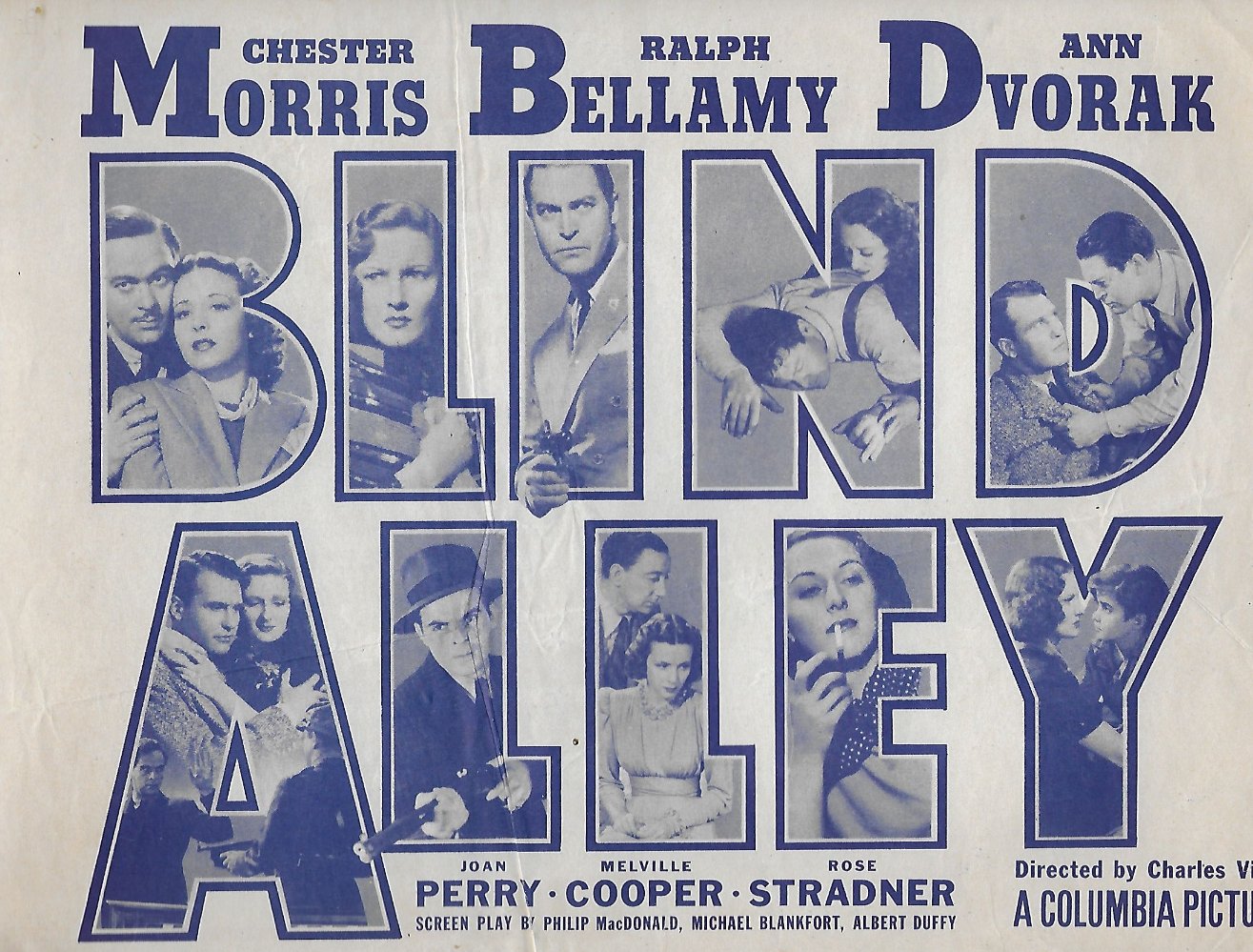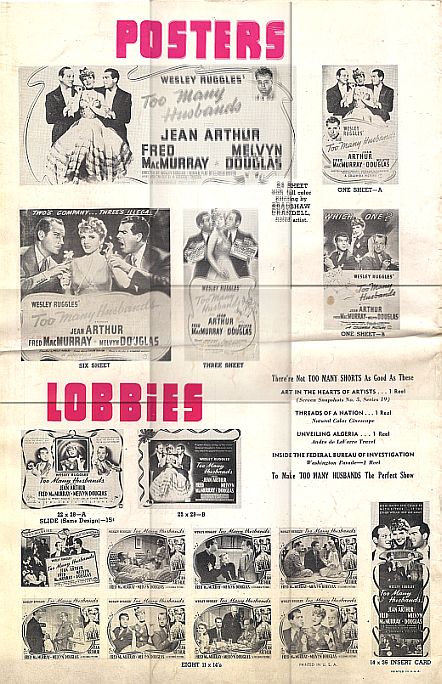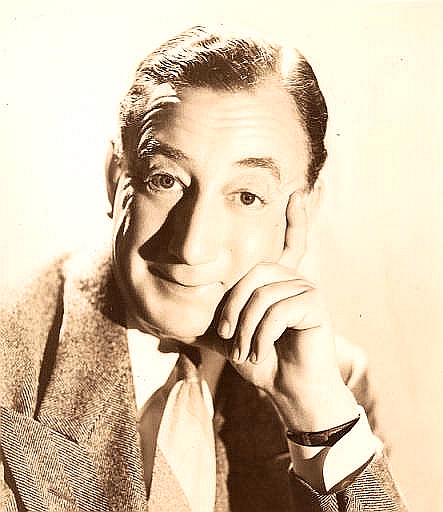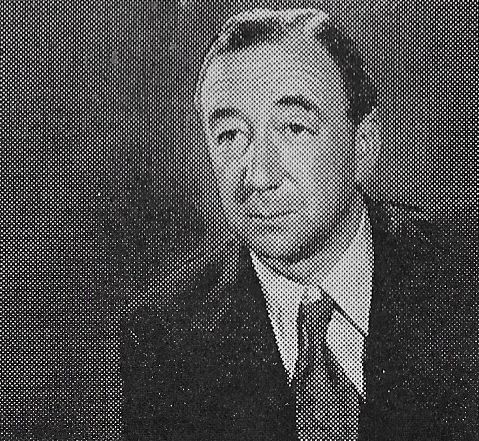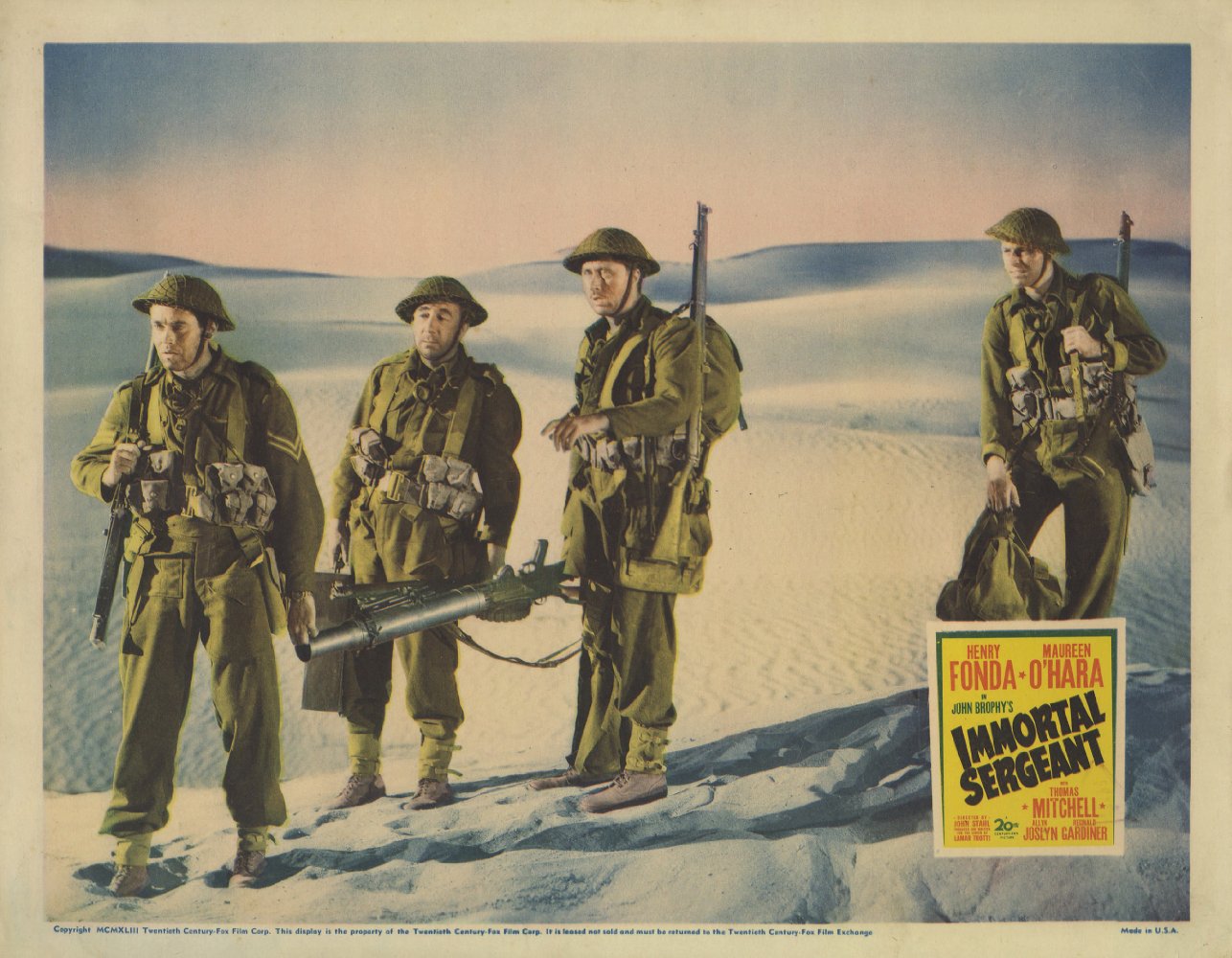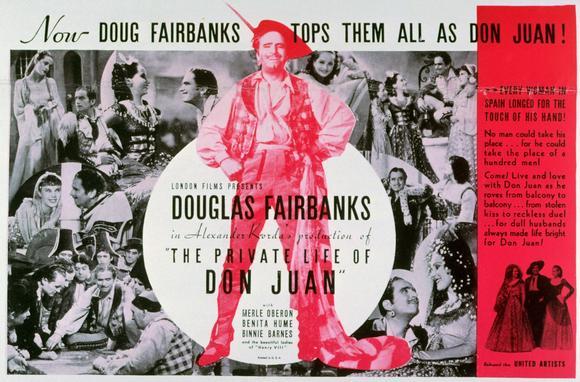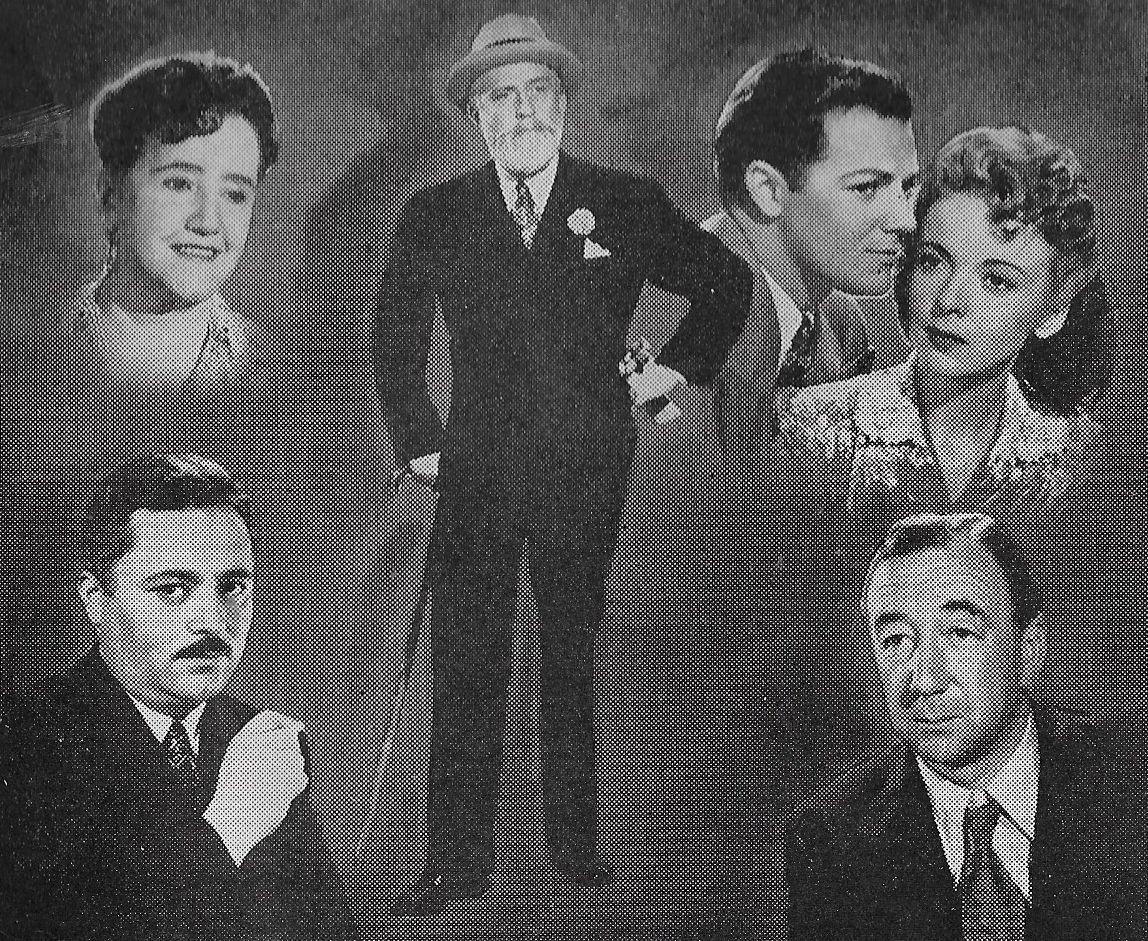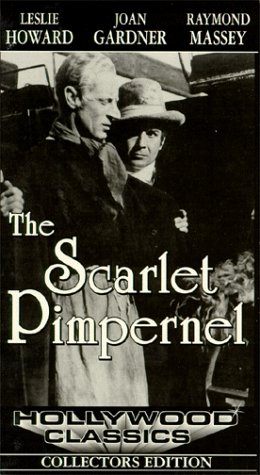Born George Melville Cooper on October 15, 1896, in Birmingham England, he was the son of non-professionals W.C.J. and Frances (Brennan) Cooper, and attended various English public schools, including King Edward's School in Birmingham. Attracted to the stage as a teenager, he made his debut at Stratford-on-Avon at age 18, but his young career ...
Show more »
Born George Melville Cooper on October 15, 1896, in Birmingham England, he was the son of non-professionals W.C.J. and Frances (Brennan) Cooper, and attended various English public schools, including King Edward's School in Birmingham. Attracted to the stage as a teenager, he made his debut at Stratford-on-Avon at age 18, but his young career was interrupted by World War I. Serving in a Scottish regiment on the Western Front, he was captured and made prisoner of war for a time by the Germans.Following the war Cooper returned to the theatre and earned good reviews in the play "The Farmer's Wife" in 1921. He made his official London debut with a production of "Back to Methuselah in 1924, and furthered his career on stage with roles in "The Third Finger" (1927) and "Journey's End" (1929). He turned to films in middle age with the English entry Black Coffee (1931) and, after supporting roles in the popular costumers The Private Life of Don Juan (1934) and The Scarlet Pimpernel (1934), decided to cross the waters to seek work in America. Taking his first Broadway curtain call with "Laburnum Grove" (1935), he also appeared in "Jubilee" (1935) and "Tovarich" (1937) and subsequently became a sometime stage director, as in the case of the 1947 production of "We Love a Lassie."In Hollywood Cooper was effectively cast as ineffectual types and played in a number of "A" pictures. Giving great snob appeal, he made a most reliable and disdainful butler, chauffeur or doorman in such films as The Bishop Misbehaves (1935), Four's a Crowd (1938), Too Many Husbands (1940), And Baby Makes Three (1949) and The Petty Girl (1950). More quality roles, however, wormed their way outside this stereotype with his blundering and cowardly Sheriff of Nottingham opposite dashing Errol Flynn in The Adventures of Robin Hood (1938); conman sidekick to Barbara Stanwyck in The Lady Eve (1941); portentous Mr. Collins whom Greer Garson nearly married in Pride and Prejudice (1940); and Mr. Tringle, the wedding supervisor, in Father of the Bride (1950) being particular standouts.Cooper made an active jaunt into TV roles in the 1950s but returned strongly to the stage after biding farewell to films in 1958. In the 1960s he enjoyed such scene-stealing theatrical roles as Colonel Pickering in "My Fair Lady," Pellinore in "Camelot" and Reverend Chasuble in "The Importance of Being Earnest". He made one last return to Broadway playing (what else?) a valet in a short-run revival of the farcical comedy "Charley's Aunt" in 1970, which co-starred Rex Thompson, Louis Nye and 'Maureen O'Sullivan'. Married three times, his first was to London-born actress Rita Page who had a bit part in one of his films This Above All (1942), and died in 1954. They had one daughter, Valerie. The 76-year-old Cooper died in Los Angeles of cancer in 1973, and was survived by third wife Elizabeth.
Show less «

